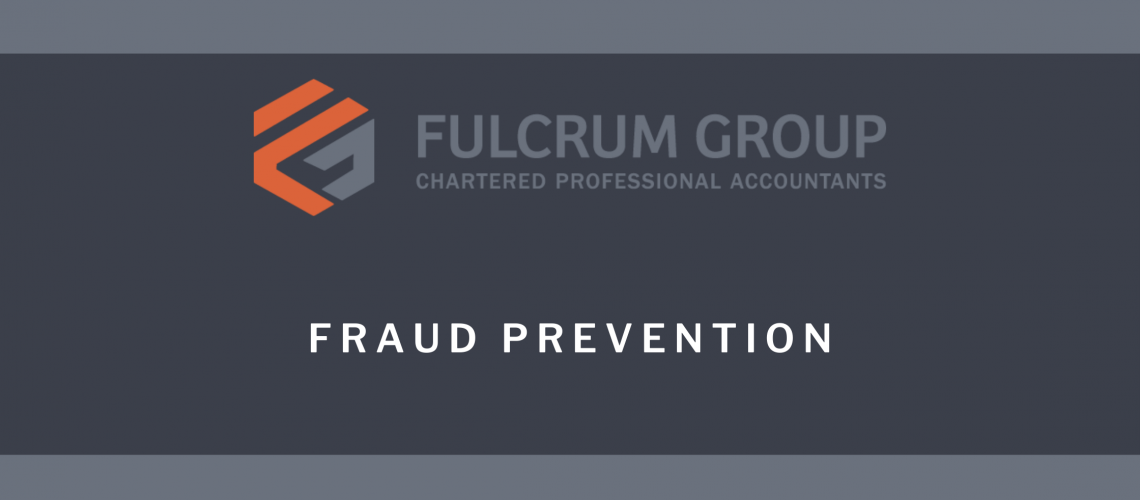With tax season approaching, the potential for fraudulent activity will certainly increase. There are many fraud types, including new ones invented daily.
Taxpayers should be cautious when they receive communication, either by telephone, mail, text message, or email, that claims to be from the Canada Revenue Agency (CRA) or any other organization requesting personal information such as a social insurance number, credit card number, bank account number, or passport number.
These scams may insist that this personal information is needed so that the taxpayer can receive a refund or a benefit payment. Cases of fraudulent communication could also involve threatening or coercive language to scare individuals into paying fictitious debt to the CRA or demand immediate payment by Interac, e-transfer, bitcoin, prepaid credit cards, or gift cards from retailers such as iTunes, Amazon, or others.
Other communications urge taxpayers to visit a fake CRA website where the taxpayer is then asked to verify their identity by entering personal information. These are scams and taxpayers should never respond or click on any of the links provided.
To identify legitimate communications from the CRA and what to expect when the CRA contacts you, check out the link below.
To report scams, go to antifraudcentre.ca or call 1-888-495-8501.
If you think you may have unknowingly provided personal information, contact your local police dept and your financial institution.



